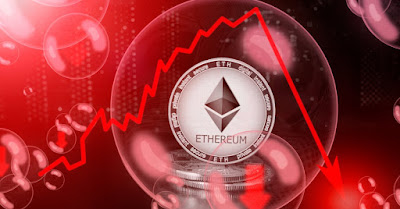Ethereum 2.0: Buterin presents new plan for 100,000 TPS until phase 1
Rollups, a Layer-2 based scaling solution, will be the new primary focus for Ethereum 2.0.
Phase 1 of Ethereum 2.0 will enable 100,000 transactions per second (TPS).
In a recent post on Ethereum Magicians, Vitalik Buterin has issued a new scaling strategy for Ethereum (ETH) and stated that ETH 2.0 will focus on rollups, plasma and state channel.
As Buterin stated, there are already numerous layer 2 solutions that are either about to be launched (Optimism, Fuel, Arbitrum and OMG Network) or are already activated in Ethereum’s mainnet (Loopring, Zksync and Deversifi) and can provide the currently still acutely needed scaling for DeFi applications.
On the other hand, according to Buterin, the scalability of the base layer will come “only as the last major phase of eth2”, “which is still years away”.
Despite the imminent launch of Ethereum 2.0, rollups, plasma and state channels will therefore have to be the predominant means of scaling.
According to the inventor of Ethereum, there is “no other choice”, at least in the short term. This, layer-1 (L1) is “nearly unusable for many classes of applications, and there’s no non-L2 path that can get us to scalability in the short-to-medium term”.
As Buterin pointed out, the usability of Ethereum 2.0 as a data availability layer for rollups will reach phase 1 long before ETH 2.0 will be usable for “traditional” layer 1 applications.
This fact leads Buterin to conclude that the Ethereum ecosystem “is likely to be all-in on rollups (plus some plasma and channels) as a scaling strategy for the near and mid-term future”.
In the short term, this means that the Ethereum ecosystem will have to adapt to rollups. According to Buterin, user accounts, ENS names, applications and much more that currently “lives” on Layer-1 (L1) will have to migrate to Layer-2 (L2).





Comments
Post a Comment